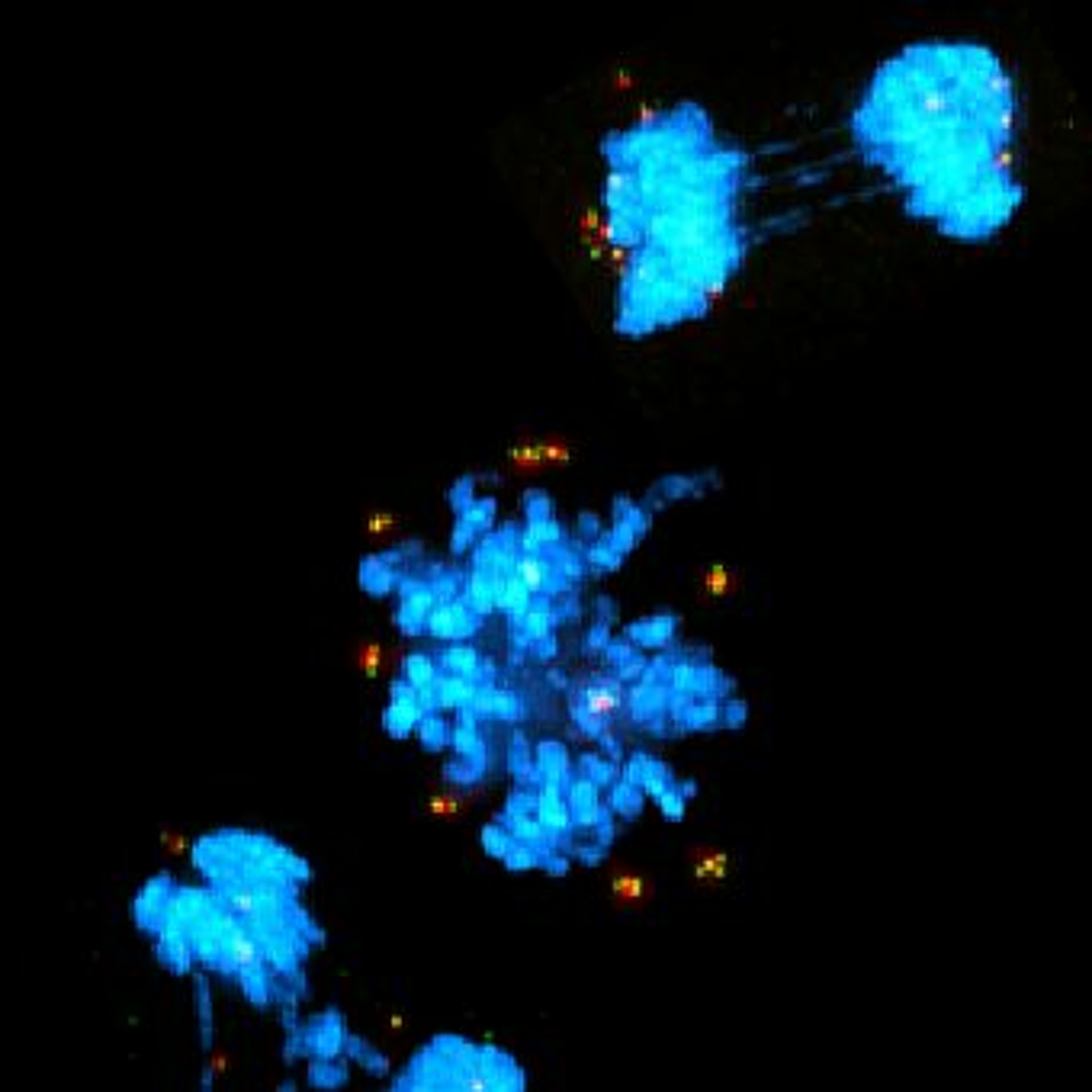Finding differences in cancer cells and normal cells that can be exploited

Cancer drugs that target “the machinery required for cell division” have been used successfully in clinics for decades. But these drugs have limitations. Many patients develop resistance and the side effects can be severe, because these drugs—in addition to targeting rapidly dividing tumor cells—also kill healthy cells. Dr. Holland’s lab is searching for vulnerabilities in cell division that are unique to cancer cells. And he is building on some of his findings to develop a novel anti-cancer strategy that allows for the specific killing of proliferating tumor cells without affecting healthy dividing cells. Andrew Holland, PhD, is Associate Professor in the Department of Molecular Biology and Genetics and the Department of Oncology at Johns Hopkins Hospital. He’s also a two-time American Cancer Society grantee. He recently received a Mission Boost Grant, which are designed to support select current and past ACS grantees specifically for the translation of their research to human testing. 2:23 – On what it was like to get the good news about his new Mission Boost Grant and the importance of funding translational research 5:47 – A helpful description of cell division and how it goes wrong in cancer 7:44 – Why drugs that target cell division are effective but have notable limitations 11:06 – A vulnerability around cell division his lab found in a specific type of breast cancer cell in cancer cells and normal cells that could be targeted 13:15 – How his lab’s work could lead to more targeted treatments and reduced side effects for breast cancer patients… 15:05 – …and potentially in other cancer types as well. 16:03 – On the hope that this could be scratching the surface of therapies that target vulnerabilities in the cell division of cancer cells 23:46 – A message for those whose lives have been impacted by cancer.